The art of gaining consumer’s admiration and loyalty is not like it used to be. Nowadays, the way a relationship between brand/consumer is established has changed and became even more challenging. Because of that, fashion and luxury companies are required to do much more than investing in advertising and fashion editorials to release for the public new goods and collections.
The fashion market is extremely dynamic and avant-garde, always assuming the leading position in most of the fundamental changes of mindset in the modern society and throughout the history of humanity. Fashion directly influences behaviors and the clothing is an important attribute for social placement, communicating the status of belonging to a particular social group.
Given the leading role Fashion Industry has been occupying as influencer of the human behavior, in current times, with the boom of the social medias, fashion has also acquired an even more relevant role which, evidentially, came with more responsibilities and challenges, after all, the communication between brand and consumer together with the idea of fashion as a symbol of belonging to a certain social group, requires much more efforts in communication than only the releasing of new goods.
With the exponential growth of social medias and, consequently, with the proximity in the connection with consumers, the brands in general and, especially fashion and luxury brands, has been passing through a humanization process, externalizing therefore different attributes that, so far, were occupying a second role in fashion management.
Currently, to achieve the status where consumers become a real brand ambassador is required identification with the way this particular brand shows itself socially, its tone of voice, its personality, the emotions transmitted in the touchpoints and the social causes it stands for. Thus, establishing a deeper connection between brand and consumer is more related to the personal identification with the emotional attributes which are, therefore, the real responsible for client’s loyalty.
Due to the current scenario, remaining attractive and gaining market place in a high competed niche market requires strategizing an innovative way of thinking and communicating fashion brands, not more relying in the direct communication of the goods itself, but having at utmost importance the emotional attributes. In this connection, this new market that has emerged with the boom of the social medias has also favored the advent of lifestyle brands, which are the ones that usually communicate and sell this connection with a certain lifestyle and attitude.
One of the pioneers in fashion to positioning itself as a lifestyle brand was Ralph Lauren, the iconic American luxury fashion brand founded in 1967 by Ralph Lauren. As a strategy to turn consumers target into loyal clients, Ralph Lauren turned its communication to be focused in transmitting the elegance of the well succeeded Americans that, usually, goes to the Hamptons during summers, exploring the timelessness of the classic outfit in a clear tribute of Fitzgerald’s “The Great Gatsby”. With this, the brand engaged itself in a more profound connection with consumers that, then, started to buy Ralph’s goods not only because of its high quality, but especially because of the identity with Ralph Lauren’s lifestyle.
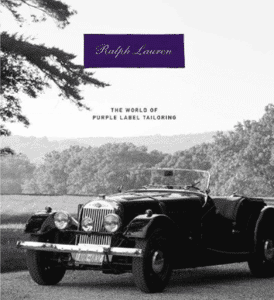
The secret around lifestyle brands is in carefully modeling consumers’ experience in all touch points. However, making this strategy successful requires having coherency in the communication in order to make the brand presentation equal in all the moments when it is interacting with consumers. For this purpose, among many nuances concerning lifestyle brands, we highlight the use of brand extensions and, for this, it is important to analyze it in both legal and branding aspects, after all, brand extension business strategy need to be legal protected in order, not only to assure the new brand that will be developed can be protected, but to maintain the protection of the main brand.
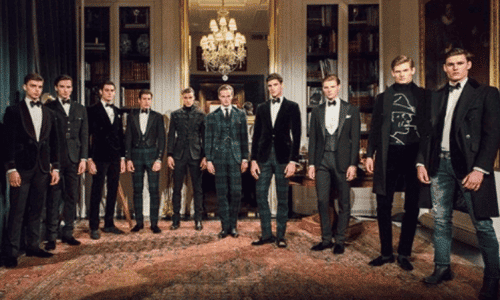
Thereof, firstly, it is important to understand that brand extensions are a strategy that uses different applications of an existing brand in new types of products or services. Despite this is an effective way to increase consumers’ experience and, therefore, communicate the lifestyle of a company, it is required much caution while using brand extensions to avoid creating confusion in consumer’s mind.
The use of brand extensions as a way of communication assume the previous existence of a brand with a strong branding strategy that is already consolidated in the market and among its consumers, who already know the brand and understand its attributes in order to, then, be possible to transfer the same brand perceptions that are already in consumers’ minds also to the extension.
In this scenario, Ralph Lauren’s case is relevant because of the pioneer position it occupies, as it was one of the first fashion brands to use brand extensions to communicate its lifestyle. In this sense, Ralph Lauren now goes way beyond POLO RALPH LAUREN; LAUREN RALPH LAUREN or DOUBLE RL, as the company has other marks such as THE POLO BAR and RALPH’S COFFEE that cover, respectively, bar and restaurant services and coffee services.
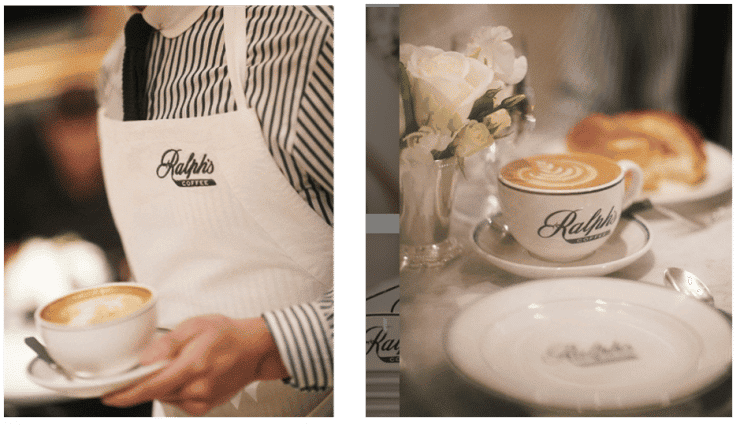
THE POLO BAR and RALPH’S COFFEE were designed specially to increase the experience that was already offered to Ralph’s consumers in the stores while selling clothes and accessories, bringing its clients to Ralph’s world and, therefore, making the relationship between consumer and brand more profound and, consequently, turning its consumers into real brand ambassadors of Ralph Lauren’s brands and lifestyle.
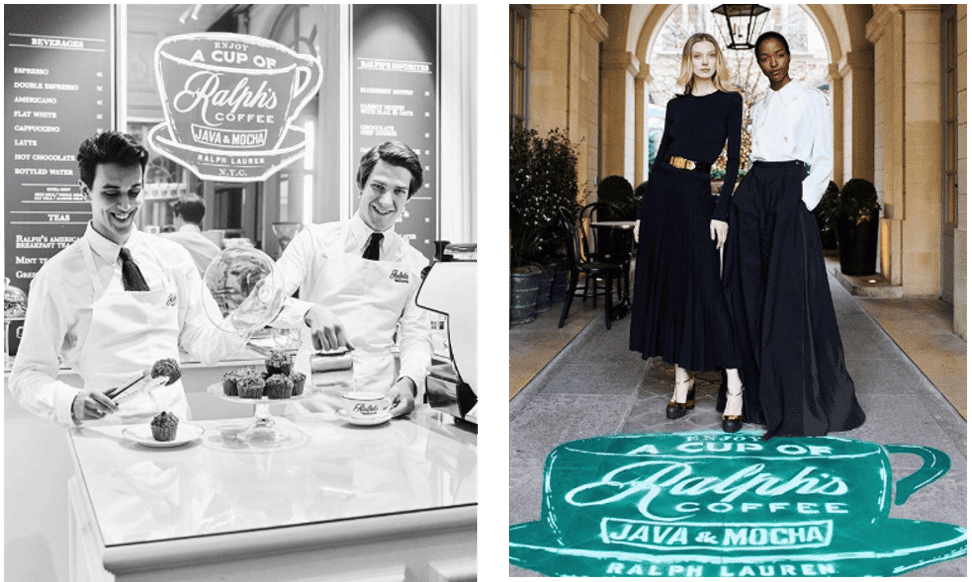
The possibility of experiencing the attributes surrounding Ralph Lauren’s brand also in the food and beverage market segment is relevant specially nowadays, when client is requiring much more from a brand and the competition is harder day by day. In this sense, by using brand extensions, the relationship with clients become closer, as it is now possible to live in Ralph’s world not only when purchasing clothes in a store, but also when drinking a morning coffee or meeting friends for a drink in the end of a busy day.
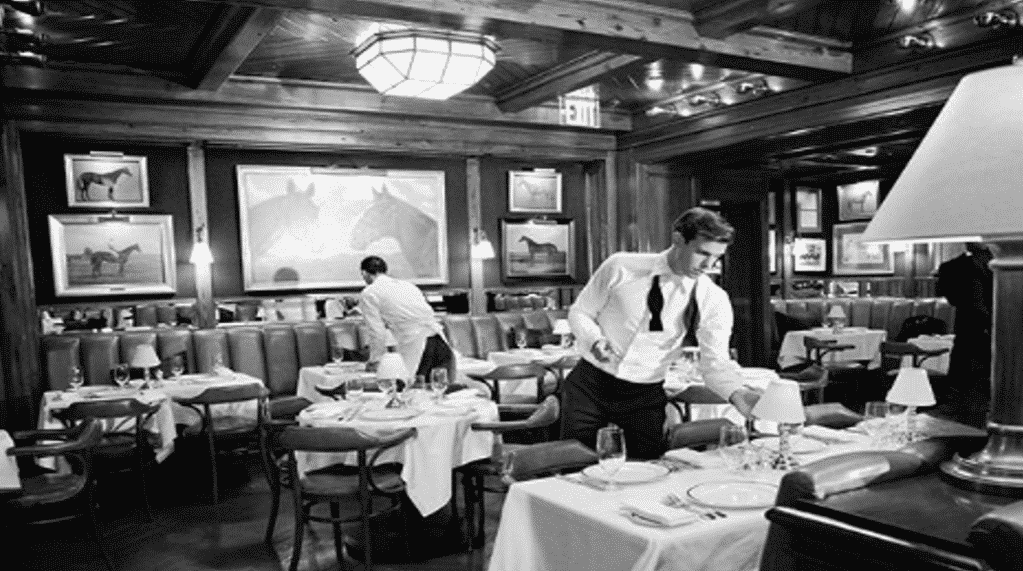
By analyzing Ralph Lauren’s case, it is undeniable that the use of brand extensions to increase consumers experiences, specially in lifestyle brands, is such an interesting strategy in the view of branding, since the attributes of the main brand are already well consolidated in consumers’ minds.
From the legal perspective, according to the Principle of Specialty – from which Trademark Law is based – the trademark protection is limited to the products/services covered by its trademark registration and in the international class it is inserted. In this sense, it is possible to have similar marks as log as they identify completely different products or services.
Given this, guaranteeing legal protection for a brand extension can be challenging – specially if the possibility of the existence of previous third party’s registrations for similar marks covering services/products that will be covered by the brand extension is taken into consideration.
We must highlight, however, that the notoriety of the main brand, its level of dispersion in the market and the degree of consumer’s knowledge can directly impact in the increase of the chances of registering the brand extension, in special when, during the process of registration, the application for the brand extension is challenged by third parties.
Despite the possible obstacles for protecting the brand extension – that can be mitigated by bringing the legal team to the process of structuring the brand extension strategy and business operations – guaranteeing major protection and legal security in the use of brand extensions is extremely advisable and this is made by registering the new brand before the Patent and Trademark Office.
A trademark registration allows its titleholder not only to watch out for the right use of the mark, but also to protect it against non-authorized third parties’ use, protecting, therefore, the brand and the business activity against unfair competition.
In this sense, given the effects that a brand extension process can bring, the success of this business operation necessarily depends on the align between branding, marketing and legal teams from the beginning of the strategy to while it remains active.
In Ralph Lauren’s case presented above, we highlight that recently the Brazilian PTO has allowed applications for the mark RALPH’S COFFEE in Brazil and, by this, the expectation is that the grant decisions should be published soon.
The allowance of RALPH’S COFFEE applications in Brazil protect the use of this mark also to identify coffee services and indicate that the use of brand extensions by the American company should continue strong, after all, the experience provided by the brand and its emotional attributes are now much more complete, putting Ralph Lauren in the spotlight in fashion and apparel market segment, that could be clearly seen by the high repercussion of its last fashion shows during New York Fashion Week.
In conclusion, as discussed herein, the use of brand extension as a way to consolidate the positioning as a lifestyle brand can be very effective in the point of view of branding, as it allows the promotion of new experiences as an attempt to straighten the connection with consumers – as long as this strategy is carefully developed to avoid causing confusion in consumers perceptions and associations that are already made with the main brand.
Concerning the legal aspects, we highlight that registering the brand extension before the Patent and Trademark Office – aiming to protect the new products/services that are identified by this new brand and avoiding non-authorized use by third parties – is fundamental, after all, the consubstantiation of a protection via trademark registration makes the possibility of defense against unauthorized use stronger, avoiding unfair competition acts and protecting, therefore, the value of the involved brands in the market.
Furthermore, in the view of the above, it is, then, possible to comprehend that in the current scenario, in which a much more closer relationship with consumers is needed is fundamental that branding, marketing and legal teams work together to successfully provide not only a deeper and complete brand experience but also that this experience is provided in a legally safe environment, developing, therefore, a brand experience that is unforgettable for consumers and that successfully turns consumers into brand ambassadors.
“What I do is about living. It’s about living the best life you can and enjoying the fullness of the life around you – from what you wear, to the way you live, to the way you love” – RALPH LAUREN
* Images were taken from Ralph Lauren’s official Instagram account (@ralphlauren) – no credits to the original photographer were found.
